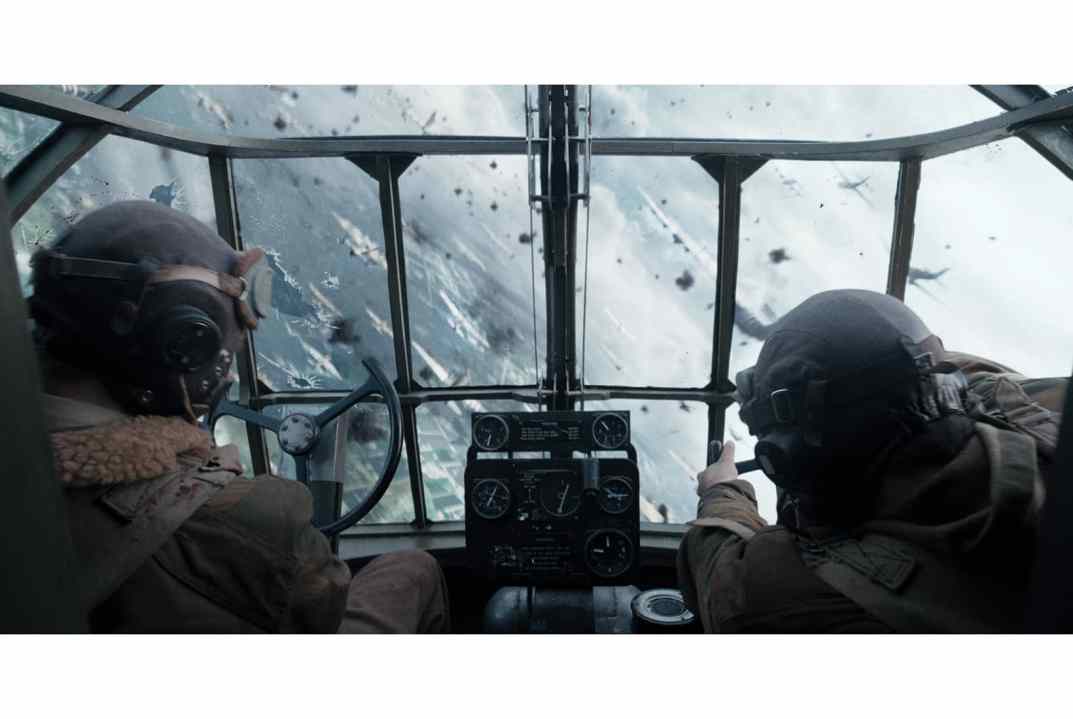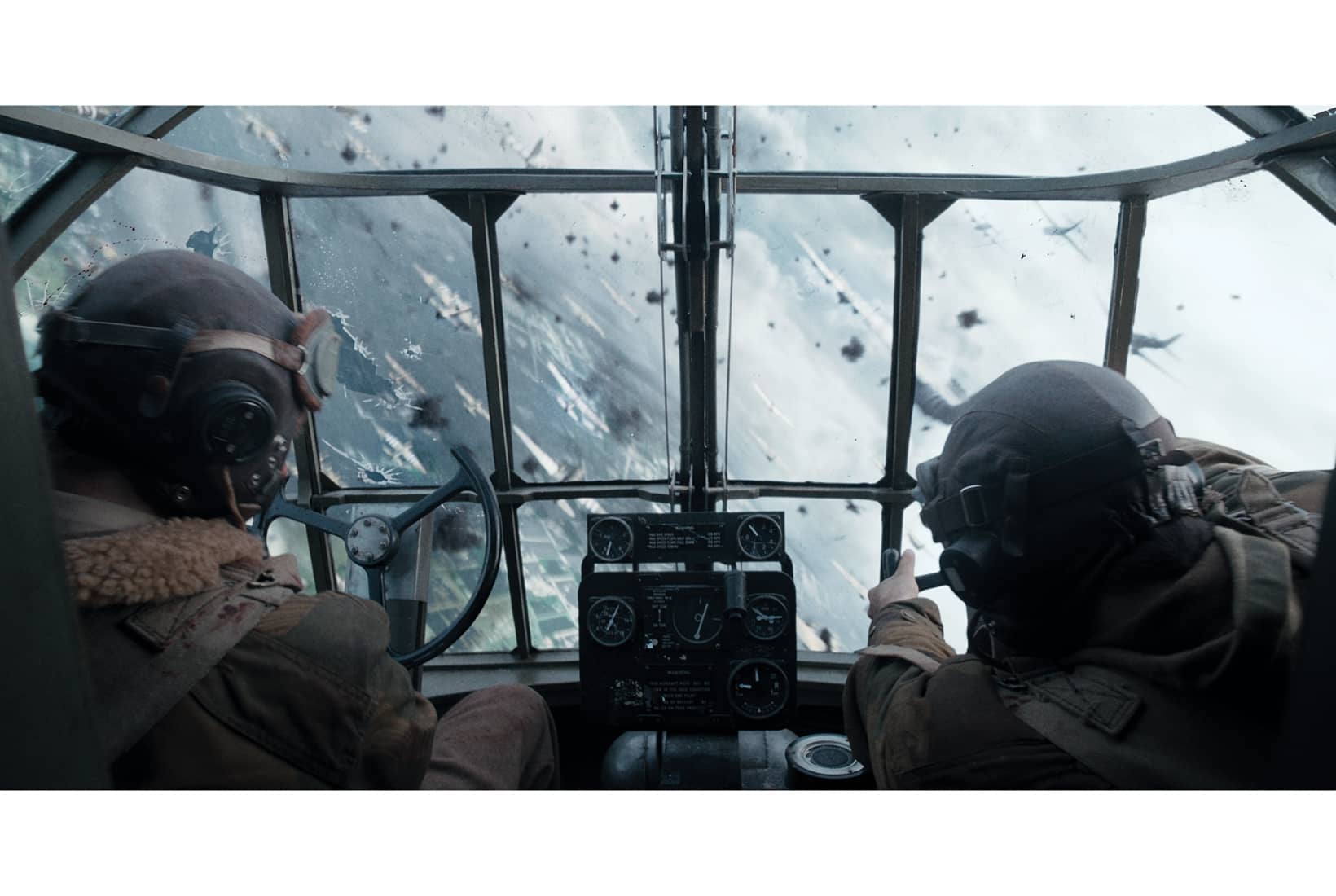The Forgotten Battle is a Dutch feature film commemorating the desperate and relatively little-known Allied assault on the Scheldt estuary in October and November 1944. When I went to the battlefield decades later with veterans of 47 RM Commando, they told me it was worse than D-Day because the Germans knew they were coming and had prepared stronger defences. Nearly 13,000 Allied soldiers were killed or wounded (about the same as the German casualties), half of them Canadians.
It has been a long time since I watched a half-decent second world war movie, mostly because they hardly bother making them any more. In the past decade, I can think only of Fury, a silly, implausible movie which suggested that a geriatric Sherman crew led by Brad Pitt was more than a match for an SS Panzer Division; Dunkirk, which was very Christopher Nolan-y, but not a patch on the 1958 version with Johnny Mills and Dickie Attenborough; and Hacksaw Ridge, which I liked much better because it really did capture the horror of the Pacific war, though I’m still not persuaded that it is possible to charge an enemy position while holding the tattered remains of a Japanese corpse in front of you as a shield.
The film doesn’t attempt to suggest that the Germans are any worse than the Allies. Some are, some aren’t
When the opening credits of The Forgotten Battle roll you think it’s going to be rubbish because various countries appear to have used it as a tax-avoidance scheme. But no, you’re straight in there and it’s grimy and echt: it’s September 1944 and the Germans are finally retreating from occupied Holland, burning papers and clogging roads, and the Dutch can barely dis-guise their glee.
This is remembered by the Dutch as Dolle Dinsdag (Mad Tuesday), the poignant and tragic part being that the jubilation was short-lived: instead of retreating, the Germans decided to shore up their defences and the Dutch, who had celebrated prematurely, were cruelly abused or even killed. We see this in one of the characters, a hotheaded young man who chucks a rock at the windscreen of a German truck, accidentally causing a number of deaths. Threats of reprisal inevitably follow from the German commander. If he doesn’t give himself up, innocents will die in his stead.
What I really liked about this film, apart from the generally realistic look and feel of it, is that nothing goes quite as you would expect in a conventional war movie. In war movies there are heroes and heroics and predictable narrative arcs. When a handsome young glider pilot is discovered to be a virgin and when, elsewhere, we have met a pretty Dutch girl, we assume that when their paths inevitably cross romance will ensue. Paula van der Oest’s screenplay, however, does not follow the rules. It doesn’t even attempt to suggest that the Germans are any worse than the Allies. Some are, some aren’t. It depends.
Very few of those who fought in the second world war are still with us and what’s noticeable as we drift further from their era is the way films have less and less feel for the period. The glider pilot, for example, played by Jamie Flatters, is handsome but he behaves and sounds more like a spoilt Esports champion from a minor public school than a 1940s chap; and the banter between the pilots doesn’t ring quite true. These shortfalls are offset, though, by the spectacular advances in cinematic technology. It’s now possible for a fairly modest-budget war movie to recreate a glider fleet (tugged by bombers) under flak attack with such astonishing verisimilitude that it’s as if you were actually there.
All the combat stuff is gripping, capturing well that sense of randomness and hallucinatory strangeness for the participants, such as the climactic and all-but-suicidal assault on a heavily defended causeway. We’re persuaded throughout — spoiler alert — that this won’t be necessary because the brave Dutch resistance will get the plans of the German positions to the Allies just in time. But Matthijs Van Heijningen Jr’s film won’t play that game. War is a meatgrinder, he tells us. Whether or not you get out alive is pure dumb luck. I recommend this film. It rings true.








Comments